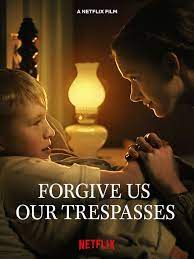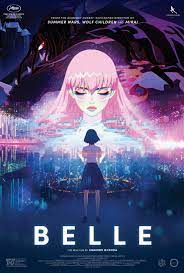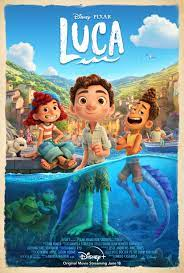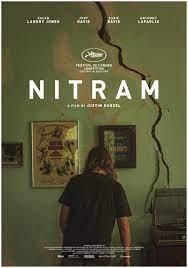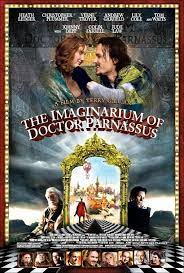Today, I attended a theatre workshop. Unbeknownst to me, one if its organisers was a former friend of mine who, around two years ago, unfriended me on Facebook. I'd had a suspicion as to why, but I wasn't certain. So today, once the workshop was over, I approached her and tried to discreetly talk to her about it. She told me she unfriended me because I'd given another of my friends, who'd had conflicts with her, her email address. I stood there stunned, genuinely not remembering having done that. (For the record I know recall that I did; I'd just forgotten about it.) She then replied that she did remember it, and how much my other friend then harrassed her via email and then even some of her work colleagues heard about the fiasco. She also added that I should never give somebody's contact details to a third party without their consent, which is true. Finally she thanked me very tersely for putting her on the spot, although really we put each other there (albeit both inadvertently, and she meant even less to put me there than I did to put her there), and for telling everybody she'd unfriended me. I tried to tell her that I nonetheless respected her choices, namely unfriending me, to which she said I obviously didn't respect her if I felt free to distribute her personal information. I then paused, before apologising to her as we both left.
Here's where I want to explain myself, although I don't want either of the other two to be judged as I believe we all contributed to this falling out and I am trying to evaluate it evenly and empathetically. Now that I think of it, I gave my other friend the email address because she told me she wanted to ask her about quiz hosting opportunities (she'd long been interested in that, and my ex-friend was doing that then). I acknowledge now I shouldn't have bought that, but I did. I also thought if I didn't give her the address, she wouldn't stop asking me for it until I did. I felt stuck between a rock and a hard place. Back to my ex-friend, while I can understand her anger towards me, a part of me now also thinks she could've still asked me why I did that, for my side of the story, before deleting me. Plus, I asked her about it today so I could have clarification and more importantly, because I sincerely wanted to give her a chance to express herself to me. But I digress: I can't and shouldn't speak for either of them, or take either of their sides and so I will do neither. Whatever hostility they feel for each other isn't my business anyway, they are both adults and I have to respect how they both feel.
Of course I wish none of this, or the conflicts that culminated in it, had happened, but for better or worse it has. My ex-friend's revelation to me today has brought that entire incident rushing back to my memory (which can be very retrospective and selective, admittedly), I again believe we all made mistakes in it and I apologise for and accept responsibility for my own. All things considered, as I reflect on today and the actual incident, I think it was regrettable but inevitable that feelings would be hurt, or a falling out would occur.
IMPORTANT ENDNOTE: just now it occurs to me I missed the point about something. My ex-friend may not have let me give her email address out had I asked her first, but regardless, I should've at least had the courtesy and consideration to ask her first nonetheless. I apologise for not doing that.


